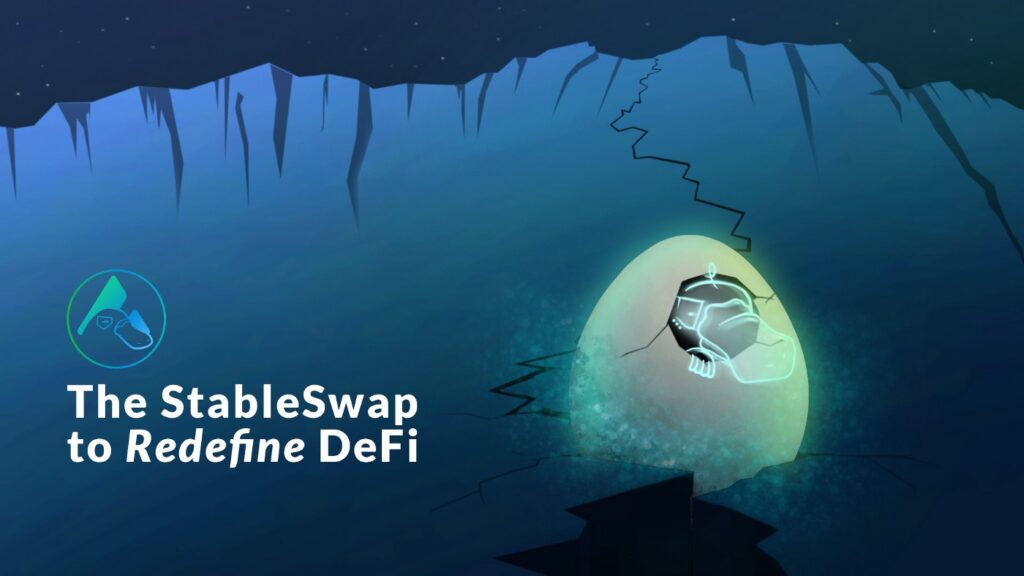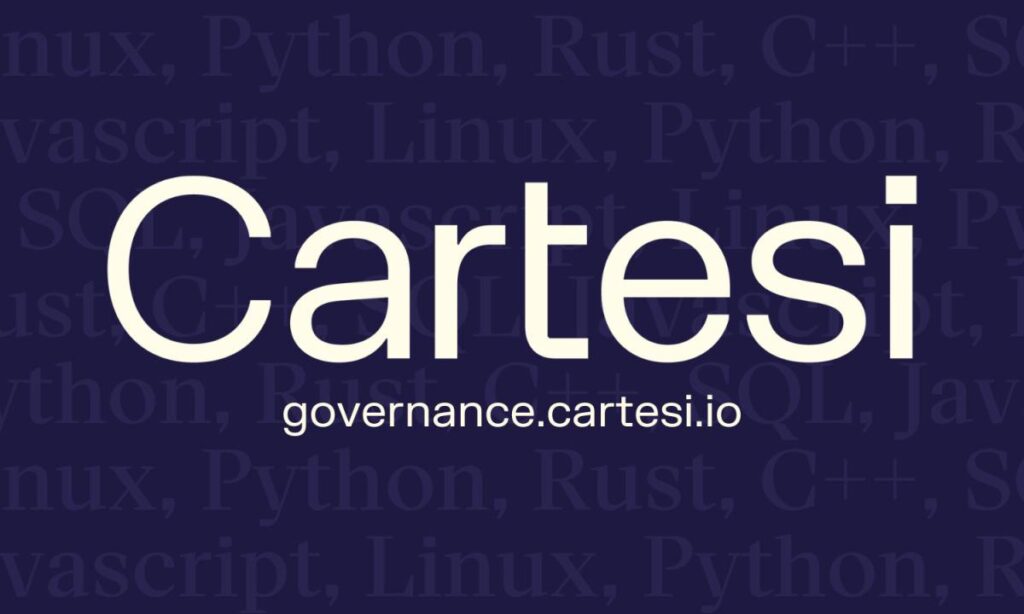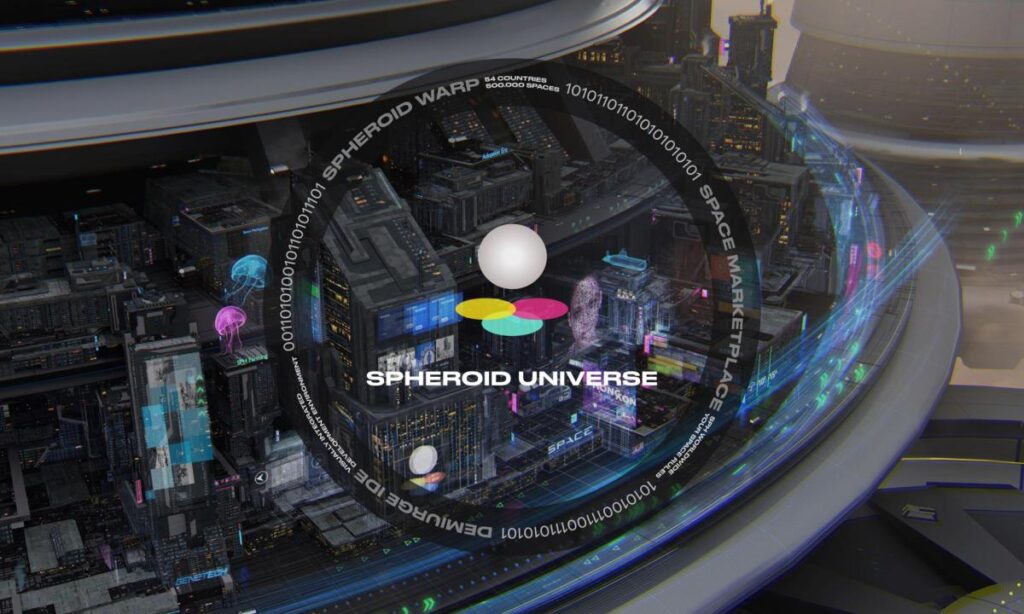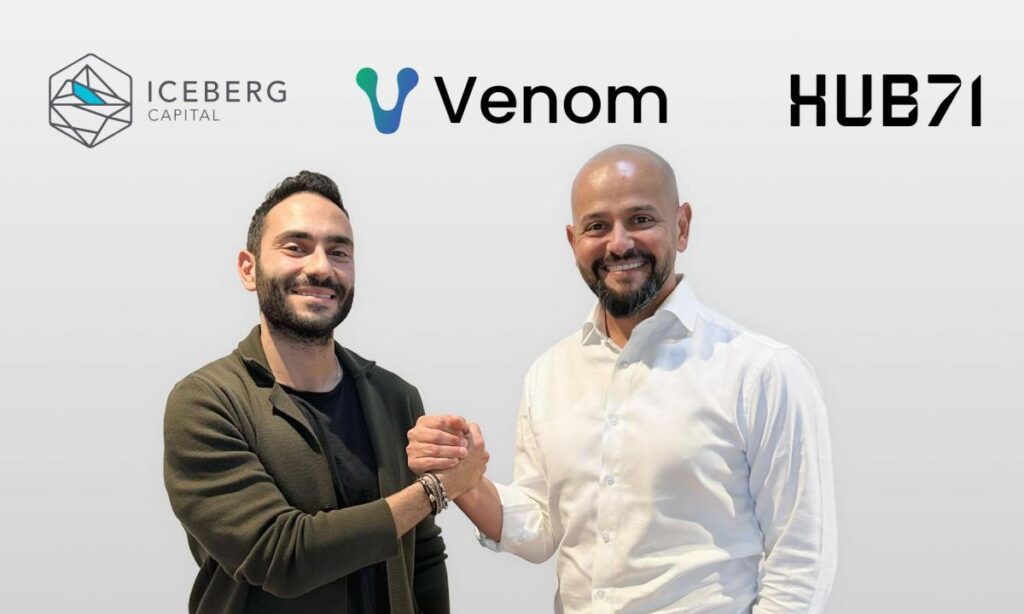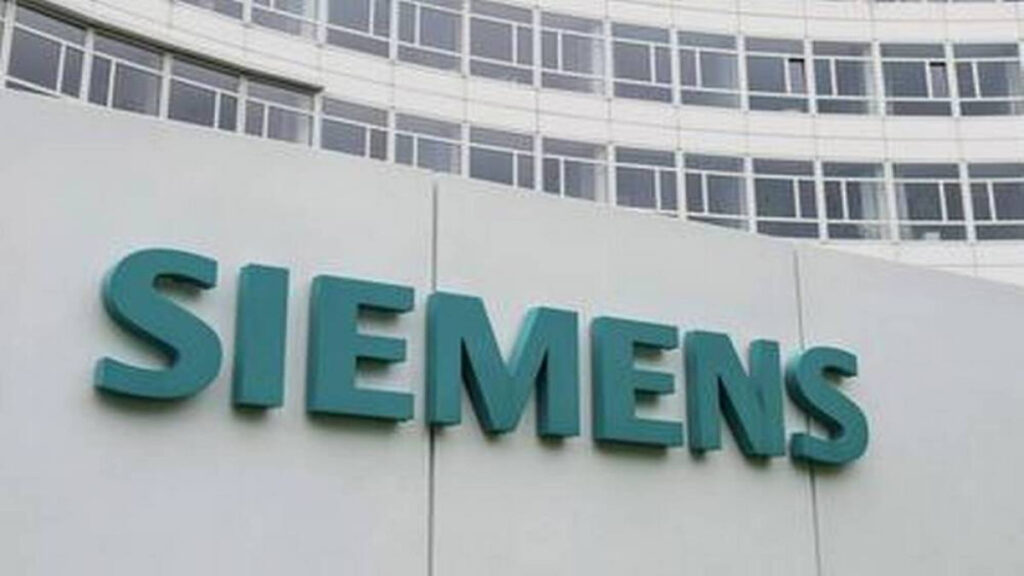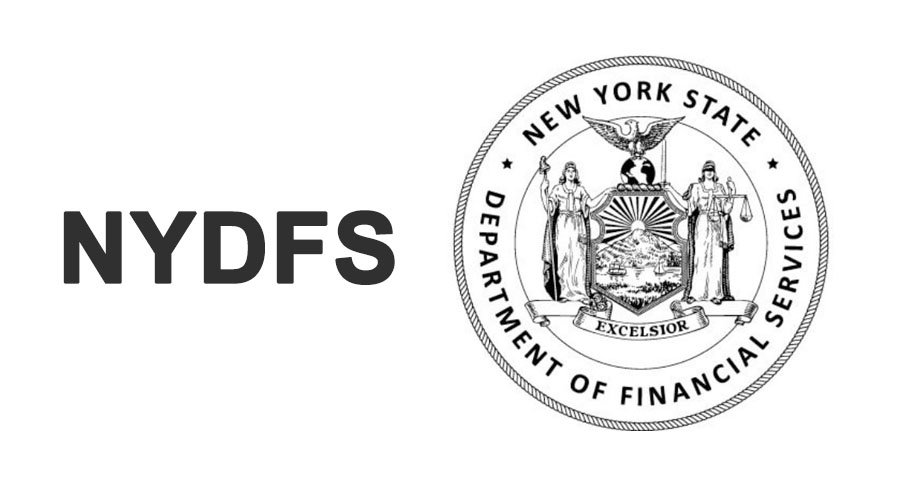Helium Network plans to migrate its platform to the Solana blockchain on 27 March, it has announced.
The measures aim to boost reliability and to upscale the technologies, it said in a 17 February blog post. The migration will take 24 hours to complete and temporarily halt Helium’s blockchains.
The process will not affect Helium’s proof-of-coverage and data transfer activities.
Helium’s tech teams added the migration marked a “new era for the Helium Network, enabling it to achiev greater scale and truly become a network of networks.”
It continued that the Helium community had onboarded roughly 1 million hotspots, with growing commercial demand set for future targets.
Helium explained further: “With the ability to power thousands of transactions per second, combined with its massive ecosystem of developers, applications, and integrations, Solana has the speed and scale necessary to take on the blockchain responsibility while the Helium core-developers and community can focus on building wireless protocols and enabling utility on these networks.”
Concluding, it wrote that HNT would becomem “natively compatible with other platforms within Solana’s ecosystem,” namely for HNT, MOBILE, and IOT token holders.
Regarding all digital assets, the firm would also snapshot the blockchain following the migration process to Solana. It would also mint all Hotspots as non-fungible tokens (NFTs).
The news comes after Nova Labs, the company behind Helium, announced in September last year it would partner with US telecom T-Mobile. The joint effort would open a mobile service for subscribers to earn cryptocurrency bonuses and rewards by sharing coverage data to improve the network.


